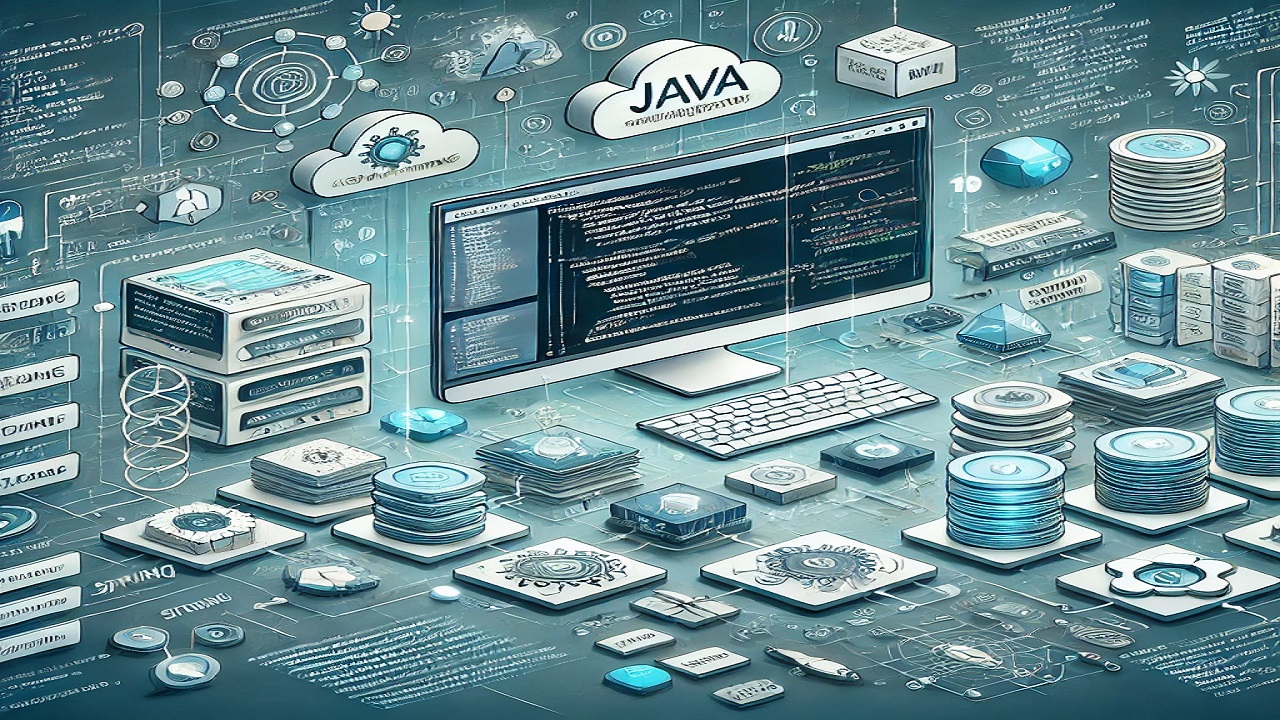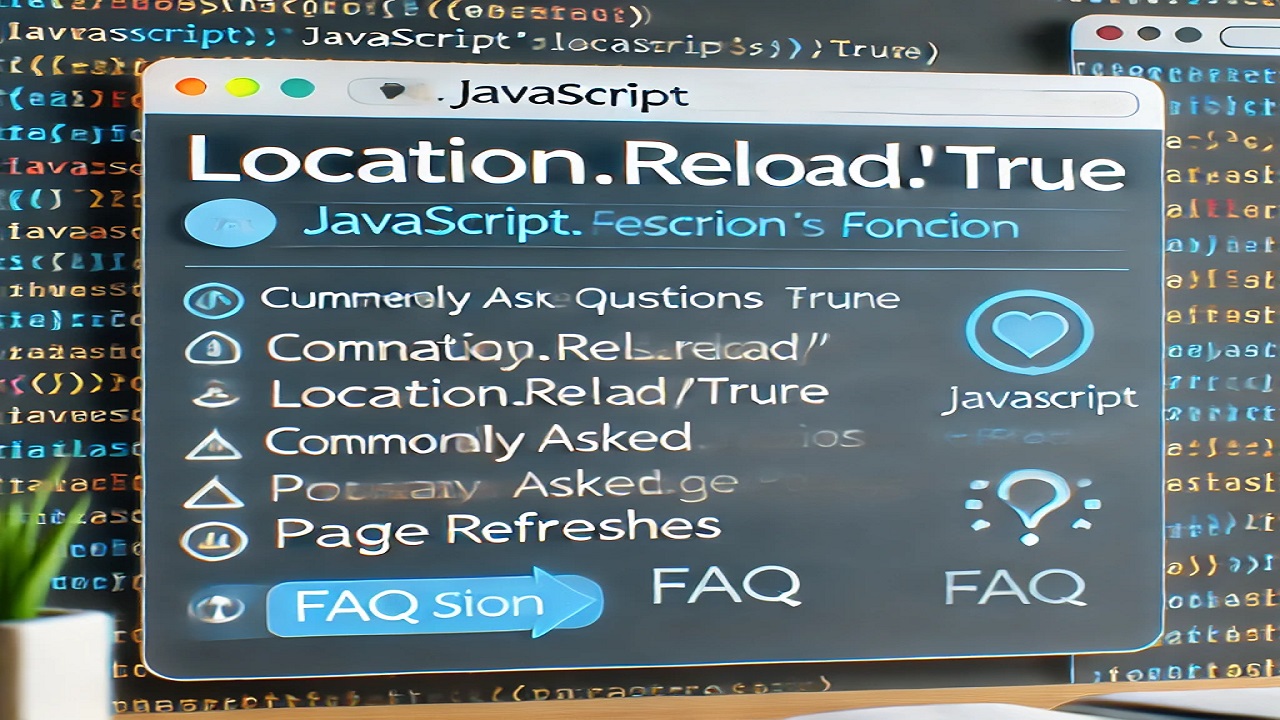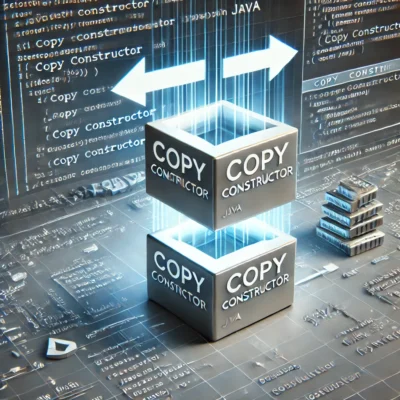PHP Interview Questions And Answers: Top 10 commonly asked PHP interview questions And Answers along with their brief answers. Please note that there are many other questions that could be asked in a PHP interview, and the answers may vary depending on the context and the experience level of the candidate.
PHP Interview Questions And Answers Preparing for a PHP interview can be nerve-wracking, but with the right preparation, you can feel confident and ready to showcase your skills and experience.
The key is to review PHP basics, understand the job requirements, and practice answering common interview questions.

Remember that the interviewer wants to get a sense of your technical knowledge, problem-solving skills, and communication abilities. They may ask technical questions related to PHP syntax, database management, and web development, as well as behavioral questions related to teamwork, project management, and your experience working on real-world projects.
Don’t forget to also prepare questions to ask the interviewer about the company, the role, and their expectations. This will show that you are interested and engaged in the opportunity.
Most importantly, remember to stay calm and confident during the interview. If you don’t know the answer to a question, it’s okay to admit it and offer to look it up later. What’s more important is your problem-solving approach and your willingness to learn.
Table of Contents
Following The Fresher Top 10 PHP Interview Questions And Answers.
following Top 10 Common PHP Interview Questions And Answers.
1.What is PHP?
A: PHP is a server-side scripting language that is used for creating dynamic web applications. It is commonly used for developing web applications and interacting with databases.
2. What are the advantages of using PHP?
Some of the advantages of using PHP are its simplicity, open-source nature, wide community support, and compatibility with different operating systems and web servers.
3. How can you handle errors in PHP?
PHP provides several ways to handle errors, such as try-catch blocks, error handling functions like error_reporting and set_error_handler, and log files.
4. What is a session in PHP?
A session in PHP is a way to store and manage data for a user across multiple pages or requests. It allows the server to keep track of the user’s data even if the user navigates to different pages on the same website.
5. How can you connect to a MySQL database using PHP ?
You can connect to a MySQL database using the mysqli or PDO (PHP Data Objects) extension in PHP. You need to provide the database credentials like hostname, username, password, and database name to establish the connection.
6. What is the difference between include and require in PHP ?
Both include and require statements are used to include a PHP file in another PHP file. The difference is that require will cause a fatal error and stop the script execution if the file is not found, while include will only produce a warning and continue the script execution.
7. What is the difference between GET and POST methods in PHP?
Both GET and POST methods are used to send data to the server from the client side. The main difference is that GET appends the data to the URL and is limited in the amount of data it can send, while POST sends the data in the body of the HTTP request and has no size limit.
8. What is the use of the isset function in PHP?
The isset function in PHP is used to check whether a variable is set and is not NULL. It returns true if the variable is set and false otherwise.
9. What is object-oriented programming (OOP) in PHP?
OOP in PHP is a programming paradigm that focuses on the use of objects and classes to represent data and behavior. It provides several benefits like encapsulation, inheritance, and polymorphism.
10. What is a PHP session cookie?
A PHP session cookie is a cookie that is used to store the session ID of a user. It allows the server to identify and manage the user’s session across different pages or requests.
I hope these PHP interview questions and answers have been helpful and that you feel more prepared for your interview. Good luck!
FAQ?
How to prepare for a PHP developer interview
Here are some tips on how to prepare for a PHP developer interview:
Review PHP basics: Be familiar with PHP syntax, variables, data types, control structures, functions, and object-oriented programming concepts.
Practice coding: Write PHP code and practice solving common programming problems. Be comfortable with writing code on a text editor, setting up a development environment, and debugging.
Learn common PHP frameworks: Familiarize yourself with common PHP frameworks like Laravel, CodeIgniter, and Symfony. Be able to discuss their strengths and weaknesses and how you have used them in the past.
Brush up on web development concepts: Understand HTTP, web servers, and databases. Learn about front-end technologies including JavaScript, CSS, and HTML.
Research the company: Read up on the company’s products, services, and mission. Be prepared to discuss how your skills align with the company’s needs.
Be prepared to discuss past projects: Prepare to talk about past PHP projects you have worked on, the challenges you faced, and how you overcame them.
Be ready for technical questions: Be prepared to answer technical questions related to PHP, web development, and database management.
How to take a PHP interview
Define the role: Make sure you have a clear understanding of the position you’re hiring for, the responsibilities involved, and the skills required. You can better prepare questions by doing this.
Create a structured interview process: Define the interview format, including the questions you’ll ask, and the evaluation criteria. You can include a technical test or coding challenge to assess the candidate’s skills.
Prepare technical questions: Prepare a list of technical questions related to PHP, web development, and database management. This will help you assess the candidate’s knowledge and problem-solving skills.
Ask behavioral questions: Ask questions about the candidate’s past projects, the challenges they’ve faced, and how they overcame them. This will help you understand their problem-solving approach and their ability to work well with a team.
Evaluate communication skills: Evaluate the candidate’s communication skills, including their ability to explain technical concepts and communicate with non-technical team members.
Provide feedback: After the interview, provide feedback to the candidate on their strengths and areas for improvement.
Read more.
- The Ultimate Guide to the Top 10 Java Frameworks for 2024.

- A Comprehensive Guide to Using javascript:location.reload(true) in Web Development

- PHP explode Multiple Separators: A Comprehensive Guide.

- Copy Constructor in Java: A Complete Guide

- 50 Ultimate PHP Project Topics to Elevate Your Development Skills.


